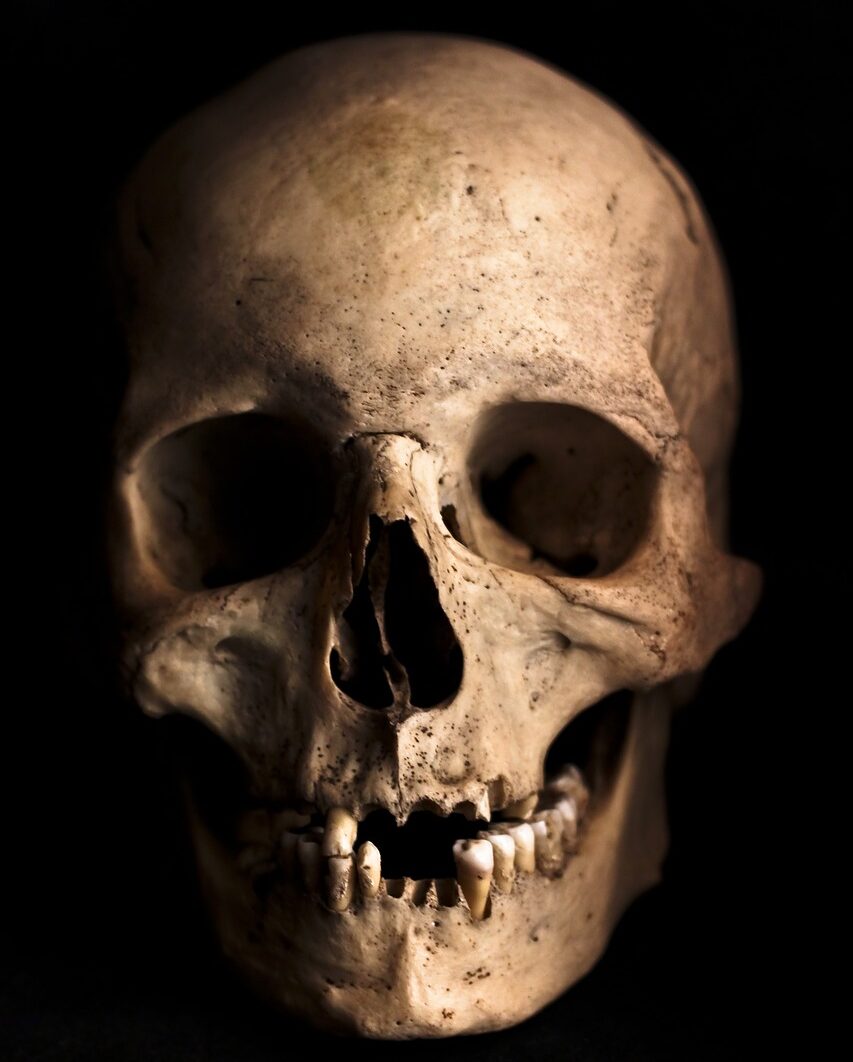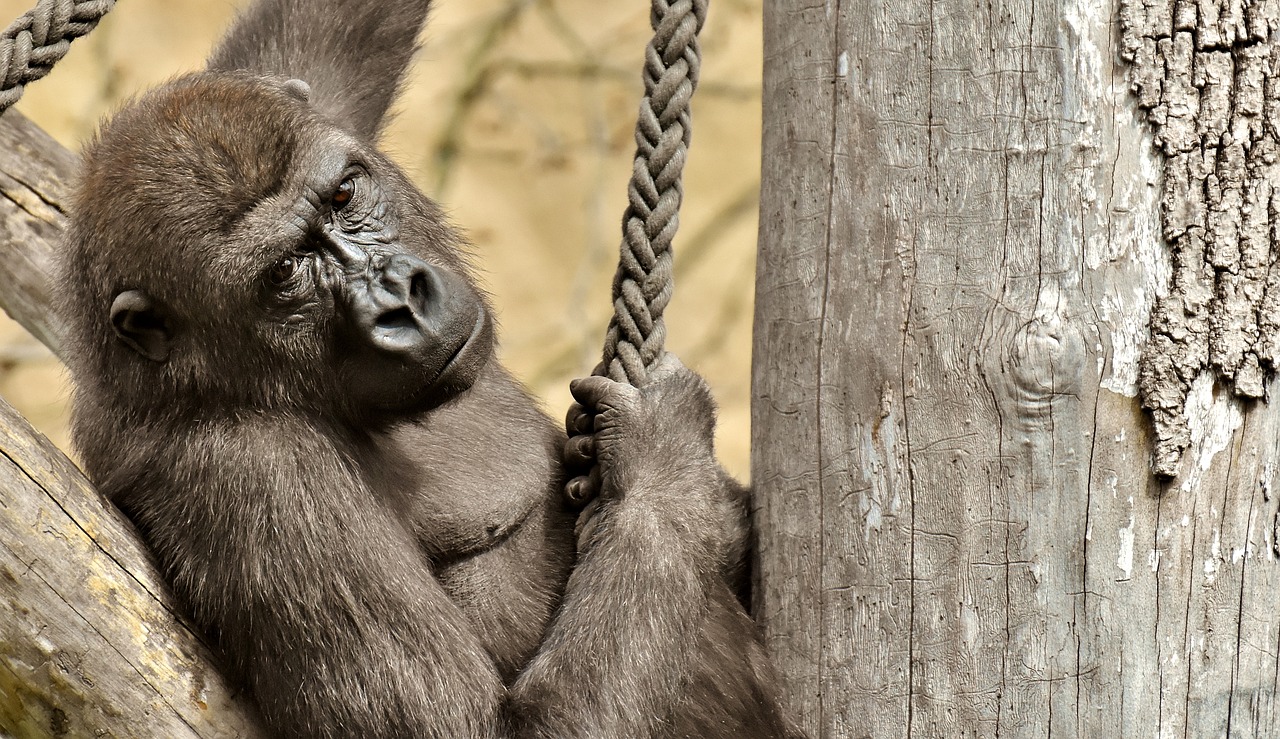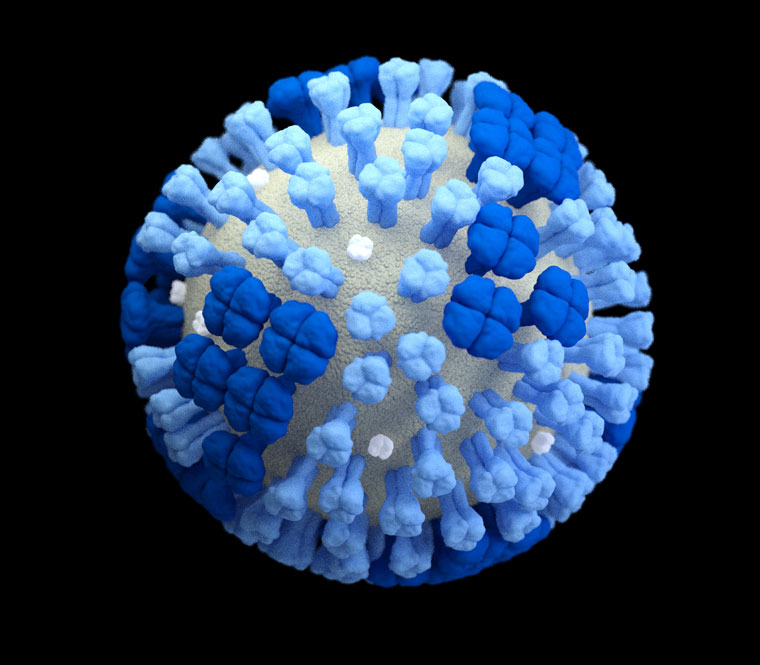The seven moral rules found all around the world
There are seven morals that have been found to be universally important in every culture in the world tested in a new study. I’m not sure there’s been a time recently that it’s been more important to remember and practice them.















